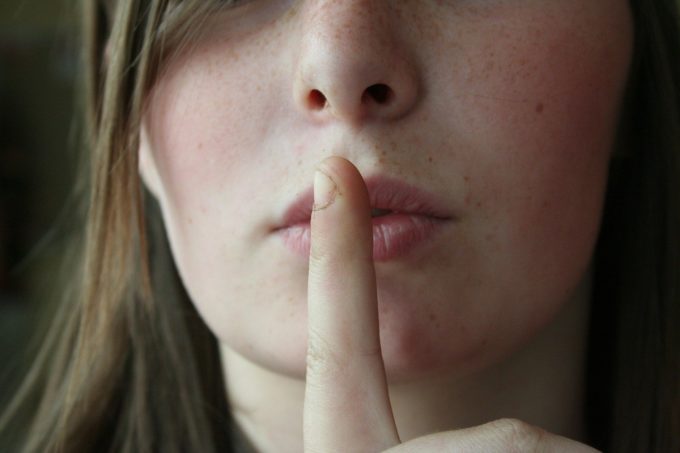
US v. Glassdoor: Ninth Circuit Compels Website to Disclose Anonymous Users’ Identities
By Brian Kulp – Edited by Alena Farber
United States v. Glassdoor, No. 17-16221 (9th. Cir. Nov. 8, 2017).
Last month, the Ninth Circuit heard arguments in United States v. Glassdoor, No. 17-16221 (9th Cir. Nov. 8, 2017), an appeal from the United States District Court for the District of Arizona. The lower court denied Glassdoor’s motion to quash a grand jury subpoena that would force the employer review site to disclose identifying information for eight of its users. Glassdoor appealed, arguing that the subpoena would violate its users’ First Amendment rights to associational privacy and freedom of speech.
Glassdoor.com provides a forum for users to post anonymous reviews of employers. Users must provide an e-mail address to post, but Glassdoor’s Privacy Policy informs them that the company will generally not disclose identifying information. Glassdoor further reserves the right to protect the anonymity of users from subpoenas, and the review site has attempted to do so during the federal investigation that led to this decision. An Arizona grand jury investigating a government contractor that allegedly committed wire fraud and misused government funds issued a subpoena on Glassdoor. The grand jury was attempting to gather witnesses from among the anonymous reviewers who first suggested the company was breaking the law.
The Ninth Circuit ruled in favor of the government’s efforts to compel Glassdoor to unmask anonymous reviewers of employers. In doing so, the court relied heavily on Branzburg v. Hayes, 408 U.S. 665 (1972), in which a reporter was required to turn over the identities of sources who were promised anonymity for a grand jury investigation conducted in good faith. The Ninth Circuit rejected more recent precedent that would protect online anonymity. The court recognized that “an author’s decision to remain anonymous . . . is an aspect of the freedom of speech protected by the First Amendment,” which the Supreme Court established in McIntyre v. Ohio Elections Comm'n, 514 U.S. 334 (1995) and the Ninth Circuit itself confirmed in Anonymous Online Speakers v. United States Dist. Court (In re Anonymous Online Speakers), 661 F.3d 1168 (9th Cir. 2011). Instead, Judge Tallman focused on the fact that the “First Amendment does not provide reporters — or anyone else — with a privilege against responding to a grand jury’s inquiries.” He concluded that the public has “a right to every man’s evidence” in the context of grand jury proceedings.
First Amendment rights groups have claimed injustice. Lisa Hayes of the Center for Democracy and Technology argued that the ruling is a blow to freedom of speech online and erodes the ability for users to engage in open discussion. She warned that the fear of a person’s statements being published, decontextualized, and linked to their identity may prevent the honest sharing of experiences online and may undermine the value of the open forums.
Hayes further criticized the way in which the Ninth Circuit conducted its proceedings in choosing to keep the case under seal and restrain the participation of citizens by amicus curiae. Emphasizing the importance of the issue in the evolution of the internet, Hayes and others urged the Ninth Circuit to consider the far-reaching impact of decisions implicating fundamental constitutional considerations and permit open discussion in their proceedings. Eugene Volokh of the Washington Post echoed these concerns, conceding however that the significant legal issues must be balanced with a grand jury’s ability to proceed in secret.
The setback for anonymity of online speech could have a wide-reaching impact as the decision sends ripples out from the Ninth Circuit. This precedent could affect the many individuals and industries within the Ninth Circuit’s jurisdiction, including those in Silicon Valley, the home of many online companies. Unless the decision is appealed to the Supreme Court, United States v. Glassdoor could serve as persuasive authority for other circuits willing to deanonymize the identities of individuals online. Those in both the legal and tech professions should keep an eye out for further developments in this and similar cases.
Brian Kulp is a 1L student at Harvard Law School.